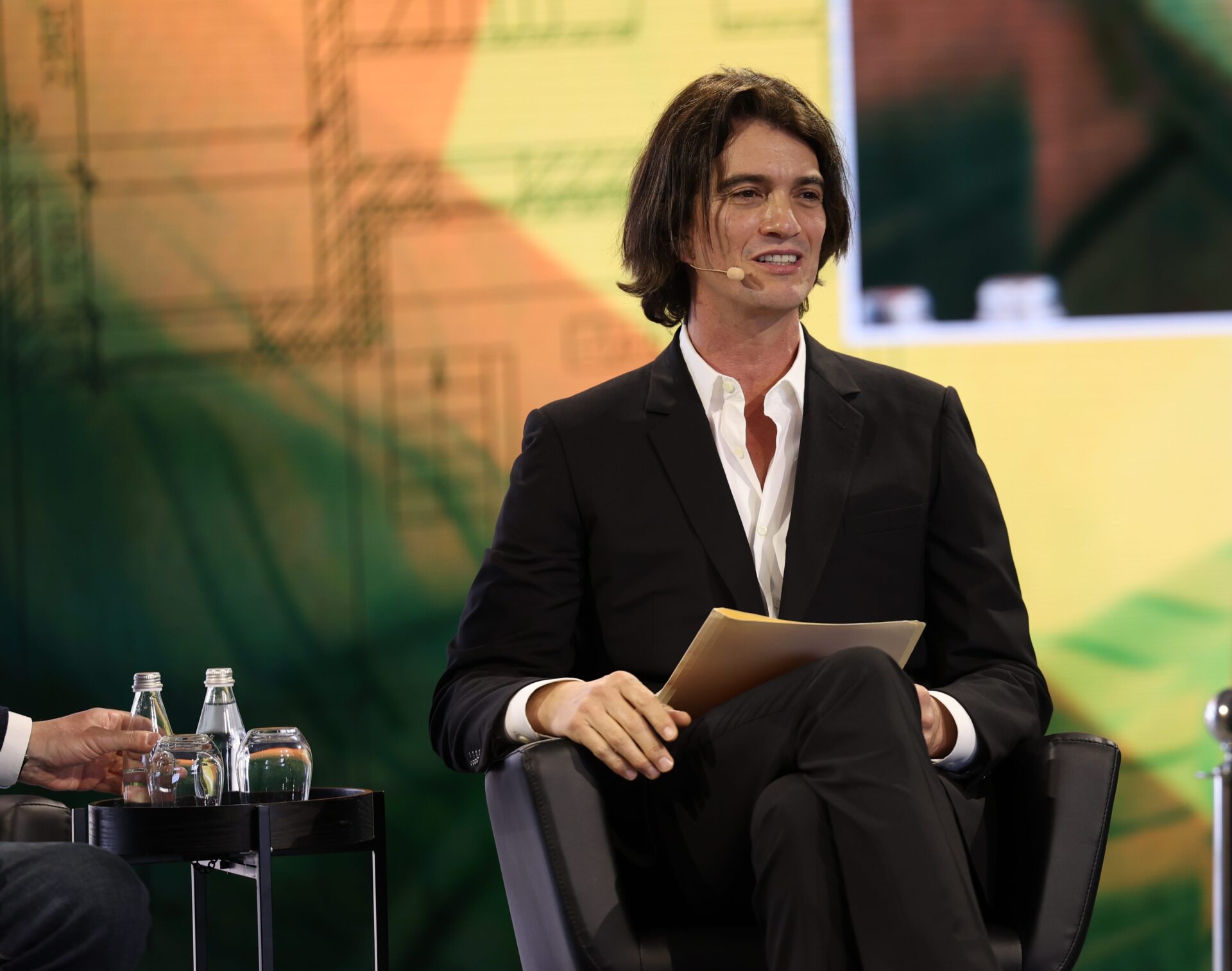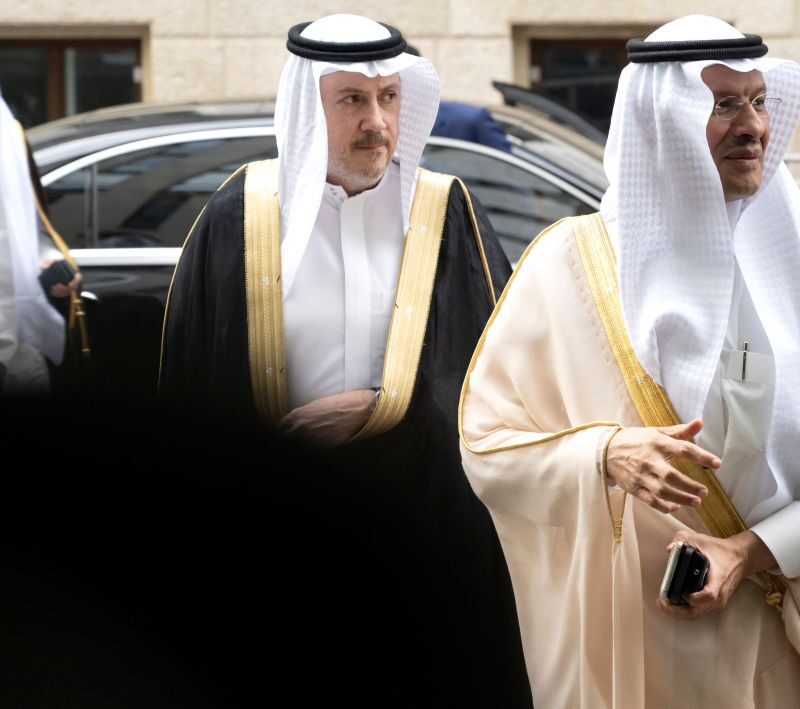
Future Investment Initiative
Investors dream big at Saudi-backed Florida summit
Adam Neumann admires desert kingdom’s readiness to `start from scratch’ as he builds residential real estate company Flow with Andreessen Horowitz
From WeWork founder Adam Neumann and former White House advisor Jared Kushner to LIV Golf Commissioner Greg Norman, a parade of investors and entrepreneurs mounted a stage in Miami Beach, Fla., last week to talk about why Saudi Arabia...



